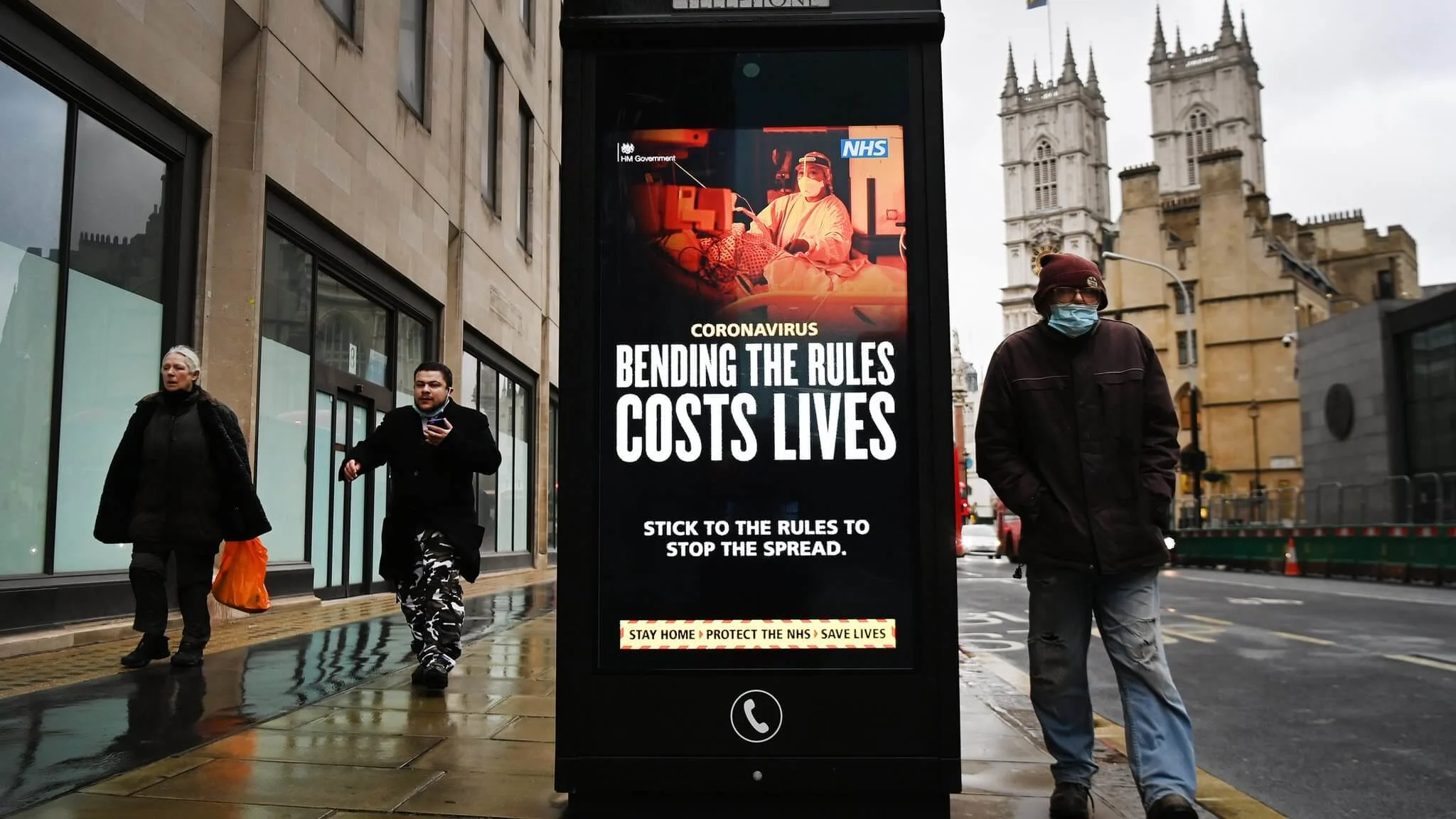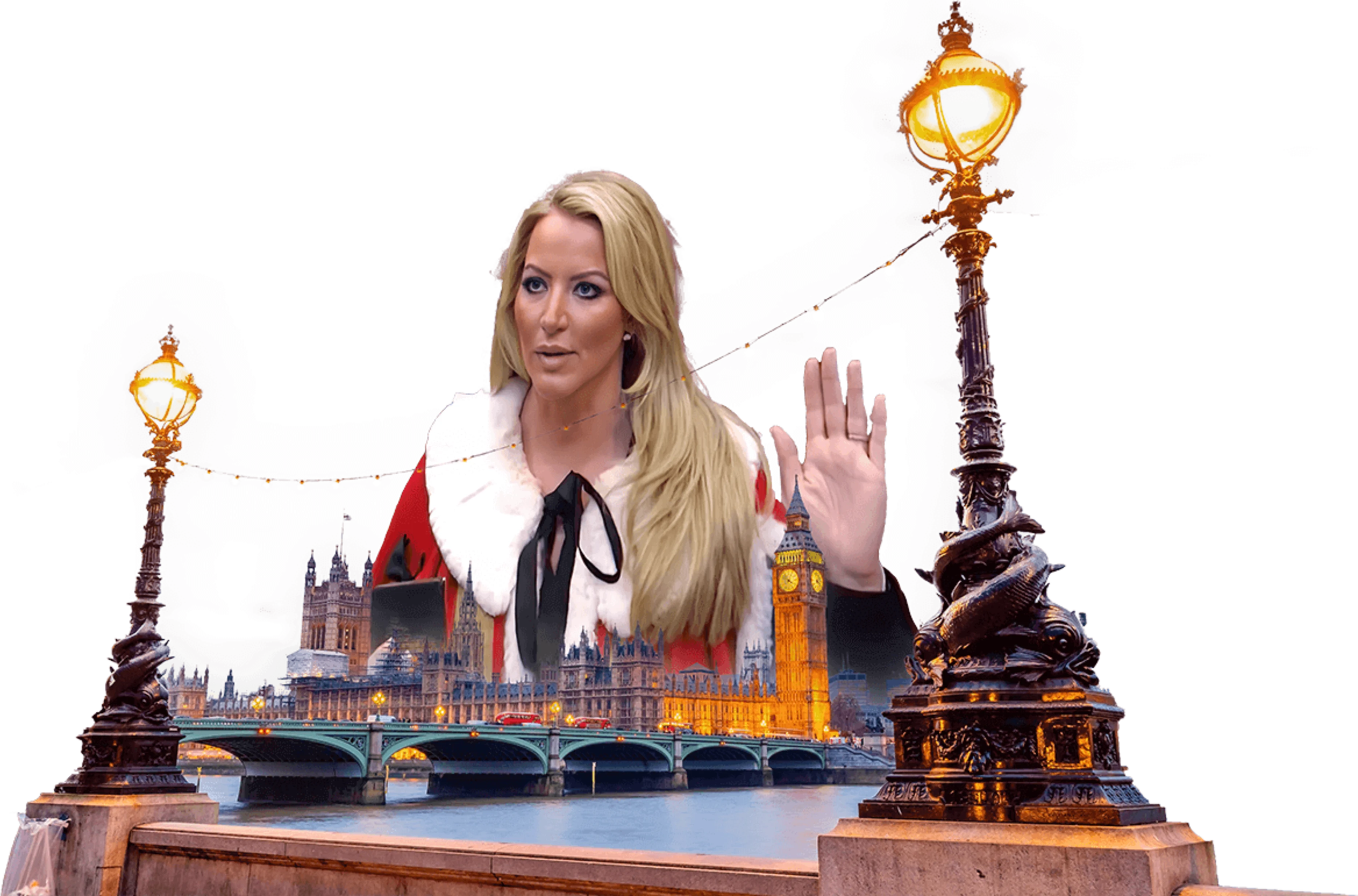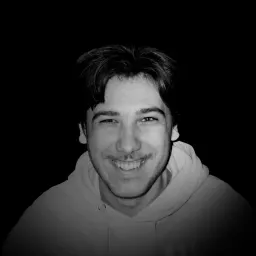In the book Everything Was Forever, Until It Was No More, Alexei Yurchak focuses on the lived paradoxes in the Soviet Union before it collapsed. The knowledge that the system you have built your life around was failing but having the inability to imagine a way of life any different to your current reality. He termed this delusion, hypernormalisation.
Cycling forward to the modern day it seems these paradoxes are rearing their heads once again. There is a pervasive mistrust in vast populations across the western world, across the entire political spectrum and in an array of contexts and institutions. It is paired with an inaction that seems to be completely antithetical to the individuals’ lived reality. Rent is sky-high, job prospects seem to demand impossible levels of experience or offer too little to be considered. Futures are bleak and the shadow of failure intensifies on a workforce that seems destined for a career in sales or recruitment. A workforce driven by graduates who commute from their childhood bedrooms.
In the Adam Curtis documentary on hypernormalisation, footage of a Soviet woman shows her being asked if she has a dream. She replies, “even if I had a dream, it wouldn’t come true.” It seems wrong to compare my future to the twilight of the Soviet Union. It is not the social or political reality that draws the comparison. There is a unique emotional zeitgeist present, a knowledge that there does not seem to be a wrong turn left to take. Yet, within the crumbling halls of power, there is a willingness to carry on and be blind to the failures of institutions that have carried us for decades. The deconstruction of established truths has exacerbated this. Truth has become increasingly difficult to define, it has become subjective to many and as such can I reasonably claim the western world has become delusional when such a claim relies on an established truth to deviate from? The lack of stability in the most basic of definitions is troubling. The power of a media that works in overdrive and a population too distracted to drive meaningful change will just continue to destabilise it further.
Whether you buy into the conspiracy of our world becoming Orwellian is not important, it's the growing perception of an irreparable system that is concerning.
As I alluded to in my introduction, truth is being undermined across a variety of areas, especially after events as controversial as the COVID-19 pandemic and the revolving door of Tory leadership. Many trusted institutions have lost their constative voice, their ability to assert information as true or disregard some as false. Consistent criticism levelled at mainstream media by not only President Trump but also vast swathes of the public across the political spectrum has facilitated a growing distrust and desire for alternative truths. Very recently, the release of reports like the Twitter Files which detailed vast government involvement in how information was spread and received on the social media app has only incensed many who believe that our (online) reality is being manufactured by forces outside our control. Whether you buy into the vast conspiracy that our world is much more Orwellian than we are capable of understanding is not important, it is the growing perception of an irreparable system becoming the norm in people’s minds that is concerning. Should this belief take hold, there will be few well-equipped enough to provide an alternative to the current world system. Our descent into an era of despondency and pessimism could well be marking a new “crisis of confidence”.

Yurchak wrote that the loss of an authoritative voice was key in undermining the Soviet Union’s ability to project itself as a successful nation, especially to its own citizens. Big sweeping promises of change are part and parcel of politics, but they act as an originator for disillusionment. I don’t doubt the authenticity of the calls for action but they tend to get watered down to nothing but the regular political schtick when challenged.
Take the Tory party themselves as an example, not only is there a massive mistrust in the government post-COVID but there is additional illegitimacy to the current Tory hold on power. There have been two unelected leaders placed in the premiership, one who was wildly unpopular and one who set his sights on the top job whilst serving as Chancellor. These developments are not unnatural nor rare in the UK political system, however the context in which they have come to power undermines their ability to impose their authority. How many people continued to follow the government-imposed guidelines after it was revealed that the Tories held parties and completely disregarded their own COVID guidelines? Their language and orders took on a completely performative function, going through the motions of a government with authority. Many people may have continued to follow the guidelines out of respect for the scores of healthcare workers who put themselves at risk, out of respect for family and friends, but personally it stung and I’m sure it embittered many.
Many people could not vent their frustration in protest personally, whether it be an inability to risk their jobs or general lack of will to become involved. So the culture turned from one of bitterness to one of disillusionment. A despondency in a societal system defined by its complete lack of accountability. Come the New Year, the calls for a general election are hardly at fever pitch but what I find most surprising is the complete lack of urgency given to UK politics. There was heavy attention when the Tory party was faltering spectacularly under Liz Truss, the excitement that came with the potential collapse of a government or more broadly, a potential change of system. Still, no change appeared and the disillusionment grows.
What is required to fix these issues I cannot personally say. Is a Reaganesque figure required to reignite the illusion of a country driven by its moral duty to the wider world? Where is our manifest destiny? Where are our übermensch?

I see no strong leaders standing up to the burden of carrying the country out of this depressive episode. So instead of the übermensch, I find myself drifting toward a separate Nietzschian philosophy, that of The Last Man. How long will it be, surrounded by all this disillusionment, until we begin to adopt it ourselves? Events like the 2008 financial crisis, countless leadership changes and a global pandemic have only manifested illusory change which will create a self-serving population. A population driven by their knowledge of a system unburdened by the rules it created. I look to my future and hope only for security and safety, my hunger for power collapsed in on itself by watching a government pat the resigning PM on the back and telling him “good job” after forcing him out of office. My life goals have become more McCandless than Machiavelli.
This constant awareness of failures of the “system”, whether they be judicial, economic or political is debilitating. It is not like there are no calls for change, there are millions. Instead, some in power seem to vigorously defend their way of life. I referenced Yurchak’s book title, Everything Was Forever, Until It Was No More, which may be premature. There are no signs that our lived reality, the “system” or whatever phrase you would like to use to describe your life, is going anywhere. We are in the “everything was forever” portion. Forever just seems a little bit too long.
Written by
Sion MarshAmerican Studies and History Graduate with a passion for seeing how our recent history plays out to affect our future.
Read next
Ignorance is not bliss. Take back your political ownership

Archie Rankin
Why don't we vote? Let's address the elephant in the room

Sean Ryan
The Westminster Accounts: weak regulations, no consequences - how Britain's system fails us

Sean Ryan
Weekly emails
Get more from Sion
The Fledger was born out of a deep-seated belief in the power of young voices. Get relevant views on topics you care about direct to your inbox each week.
Write at The Fledger
Disagree with Sion?
Have an article in mind? The Fledger is open to voices from all backgrounds. Get in touch and give your words flight.
Write the Contrast

